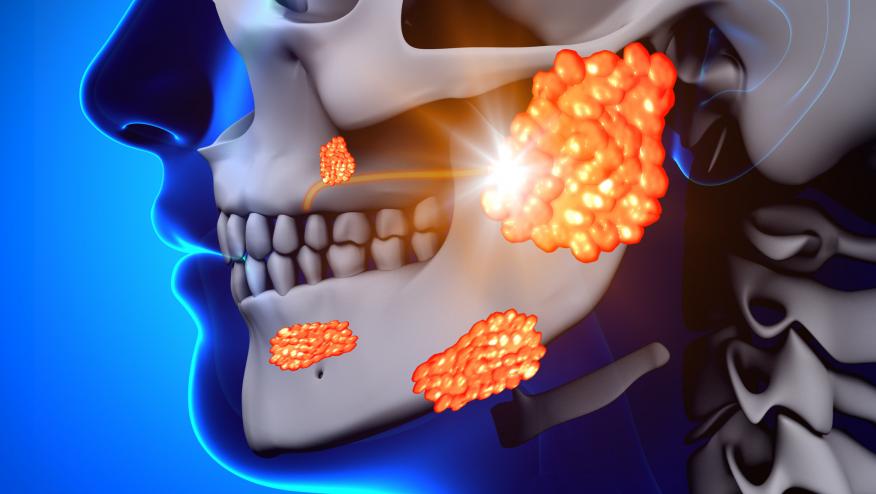CRESS – A New Composite Measure for Primary Sjögren's Syndrome Save

Randomized clinical trials (RCTs) in primary Sjögren's syndrome (pSS) are fraught with fault and inconclusive outcome measures, including the more recently developed European League Against Rheumatism (EULAR) Sjögren's Syndrome Disease Activity Index (ESSDAI). There's a new composite endpoint outcome for RCTs in pSS, called the Composite of Relevant Endpoints for Sjögren's Syndrome (CRESS).
CRESS was developed by a multidisciplinary team of experts who chose measures based on experience and clinical trial performance. These measures were tested using a single-center trial (abatacept versus placebo) and then validated using trial data from three independent RCTs (testing rituximab, abatacept or tocilizumab).
Based on expert opinion, five component items were selected to assess response:
- Ssystemic disease activity by Clinical ESSDAI (less than 5 points)
- Patient-reported symptoms by EULAR Sjögren's Syndrome Patient Reported Index, assessed by a decrease of at least 1 point or at least 15% from baseline\
- Tear gland item by Schirmer's test and ocular staining score, assessed by an increase of at least 5 mm or decrease of at least 2 points;
- Salivary gland secretion (increase of at least 25%) and salivary gland ultrasonography (decrease of at least 25%);
- Serology, assessed by rheumatoid factor (decrease of at least 25%) and IgG (decrease of at least 10%).
A total CRESS response was defined as response on at least three of five items.
Post-hoc validation showed CRESS to distinguish significant response rates in the following trials:
- ASAP-III trial - ABA vs PBO: 60% ABA vs. 18% PBO (p<0·0001)
- TRACTISS trial – RTX vs PBO: 49% RTX vs 30% PBO (p=0·026)
- Multinational abatacept trial: 45% ABA vs 32% PBO (p=0·067)
- ETAP trial – TCZ vs PBO: 18% TCZ vs 24% PBO (p=0·48)
Whether the CRESS outcome will identify clinically meaningful outcomes in pSS using a composite variable endpoint remains to be seen in future clinical trials.










If you are a health practitioner, you may Login/Register to comment.
Due to the nature of these comment forums, only health practitioners are allowed to comment at this time.